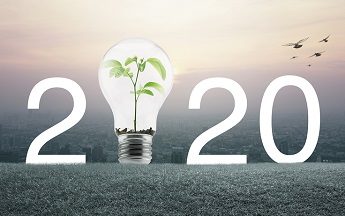Updated Energy Code Looms on the Horizon
By Austin Regan, R.A.
With the New Year comes new codes. The 2020 Building Code will probably not be released until this fall, at the earliest, but a new energy code will be coming much sooner. By state law, the city must stay up to date with the state energy code and exceed its regulations. The 2020 New York State code, based on the 2018 International Energy Conservation Code, may be adopted as early as March.
Introduction No. 1816
On December 10, a local law was introduced to bring the New York City Energy Conservation Code (NYCECC) up to date with the 2020 Energy Conservation Construction Code of New York State (ECCCNYS). The law will have the same effective date as the ECCCNYS.
Introduction No. 1816 will adopt the provisions of the 2020 ECCCNYS, align them with the administrative provisions of the NYC Construction Codes, conform with the provisions of the NYSERDA NYStretch Energy Code-2020 as required by Local Law 32 of 2018, and adopt additional requirements. The measure continues efforts to ensure that the construction of new buildings, additions, and alterations will meet the mandated 80% greenhouse gas reduction by 2050.
The NYCECC will conform with NYSERDA’s NYStretch Energy Code-2020 by aligning with the following provisions:
- Continuous insulation for balconies and parapets
- Mandatory supply ventilation provided with energy or heat recovery devices on homes and multifamily buildings 3-stories and less
- More efficient interior lighting power requirements
- Additional lighting controls
- Additional thermal envelope performance requirements for buildings choosing to comply with energy modeling
- More stringent insulation and fenestration requirements for most assembly types
- Allowing source energy as a metric, instead of energy cost, for buildings choosing to comply with energy modeling
- Efficient design of service water heating distribution systems in one- and two-family homes and multifamily buildings three stories and less
- Whole building energy monitoring on commercial buildings
- Efficiency measures for certain traction elevators and commercial kitchen equipment
- Infrastructure for the future installation of electric vehicle chargers in one- and two-family homes
In addition, the proposed law would adopt the following Advisory Committee local provisions:
- Documentation of certain linear and point thermal bridges for all new construction
- Mandatory air-leakage testing at more new construction projects
- Increased HVAC efficiency to align with federal requirements
- Required commissioning for more alteration projects
We will provide updates as more information becomes available. In the meantime, if you have any questions about NYCECC compliance, please contact Metropolis Group at 212.233.6344.


